Kindergarten Program
The culmination of the early childhood philosophy is realized in our unique Kindergarten. The program hours are from 9:00 AM to 3:00 PM, Monday through Friday. The classroom is specifically designed for the Kindergarten experience, with a maximum class size of 20 students staffed by a Lead Teacher and Assistant Teacher.
The focus of this program is academic preparation that fosters social, emotional, and cognitive development. Individual, small group, and large group settings will be utilized to facilitate learning. Children are encouraged to learn by doing, experiencing, observing, questioning, imitating, examining, and exploring. A relaxed and informal environment in which a rich variety of activities are provided will allow for individual differences. A positive self-concept will be stressed as children learn to be successful. The teacher will be the guide in the creation of a setting that will nurture growth and independence. Social science, vocal and instrumental music, foreign language, and creative movement will enrich the program.
Program Goals:
stimulate learning
arouse curiosity
promote independent thinking and problem solving
encourage physical and musical expression
provide an experience of responsibility
demonstrate respect for fellow students
foster sharing and cooperation
Kindergarten will close two days in January for parent-teacher conferences. Teachers send home written reports in January and at the end of the year. A parent or a teacher may request a conference at any time.
Kindergarten Curriculum Content
The curriculum will use a developmentally appropriate approach to learning. There will be integration of the traditional content areas of language arts, mathematics, science, social studies, physical education, music and art.
Language Arts
Pre-reading/writing will include: stories, poems, finger-play, nursery rhymes, sharing, dramatization, opposites, Handwriting Without Tears and the Kid Writing Program.
Auditory and visual perception will include: alphabet (beginning and ending sounds), matching same and different, recognizing own name (rhyming and phonemic awareness).
Comprehension will include: retelling a story in own words, create stories, and identify central points of a story (beginning, middle, and end).
Mathematics
Counting to 100 and identifying number symbols one to thirty.
Classifying/grouping sets of objects according to similarities or differences, shapes, size or color.
Ordinal numbers (first, second, third)
Measuring linear, liquid, weight, temperature and fractions (1/2, 1/4).
Identifying money (penny, nickel, dime, quarter and bills).
Concept of time. (hour, minutes, seconds)
Recognizing geometric shapes (circle, triangle, rectangle, square, diamond, oval).
Direction and the relation to space.
Patterns.
Social Studies
The understanding of self, home and family, school and friends, community, and other cultures is a necessary foundation of the social skills program in the Kindergarten Class.
Science
Exploring the body, including: senses, nutrition, and health habits. Other topics in science include: weather, space, insects, plants, and geography (our place in the world). All kindergarten students participate in the “Nature’s Classroom” program at the Lower Merion Conservancy on a monthly basis October through May. Students travel to Rolling Hill Park in Gladwyne for an outdoor learning experience with the education coordinator.
Creative Movement
The stimulating development of gross motor skills including walking, running, skipping, jumping, clapping, hopping, dancing, throwing and catching a ball and active drama.
Art
Appreciating different forms of art and experimenting with pasting, painting, drawing, sculpting, tearing, and the use of a wide range of materials for creating ideas.
Music
Singing, creative movement and dance.
Sample Kindergarten Schedule
TIME |
MONDAY |
TUESDAY |
WEDNESDAY |
THURSDAY |
FRIDAY |
| 9:00–9:30 | Individual Morning Activity Period | Individual Morning Activity Period | Individual Morning Activity Period | Individual Morning Activity Period | Individual Morning Activity Period |
| 9:30–9:45 | Morning Meeting | Morning Meeting | Morning Meeting | Morning Meeting | Morning Meeting |
| 9:45–10:30 | Small Group Work Jobs–Math & Shared Reading | Small Group Work Jobs–Math & Shared Reading | Creative Movement | Small Group Work Jobs–Math & Shared Reading | Creative Movement |
| 10:30–10:45 | Snack | Snack | Snack | Snack | Snack |
| 10:45-11:00 | Recess | Recess | Recess | Recess | Recess |
| 11:00-11:30 | Large Group Activity | Large Group Activity | Large Group Activity | Large Group Activity | Large Group Activity |
| 11:30-12:00 | Recorders | Phonics/ Language Arts | Music | Music | Time Magazine for Kids/Weekly Reader |
| 12:00-12:30 | Lunch | Lunch | Lunch | Lunch | Lunch |
| 12:30-1:00 | Chapter Reading | Chapter Reading | Spanish | Chapter Reading | Chapter Reading |
| 1:00-1:15 | Rest/Music Appreciation | Rest/Music Appreciation | Rest/Music Appreciation | Rest/Music Appreciation | Rest/Music Appreciation |
| 1:15-1:30 | Sharing | Sharing | Sharing | Sharing | Sharing |
| 1:30-2:00 | Enrichment Activities | Enrichment Activities | Enrichment Activities | Enrichment Activities | Enrichment Activities |
| 2:00-2:30 | Meeting Time/Next day planning | Meeting Time/Next day planning | Meeting Time/Next day planning | Meeting Time/Next day planning | Meeting Time/Next day planning |
| 2:30-2:50 | Individual Choice | Individual Choice | Individual Choice | Individual Choice | Individual Choice |
| 2:50-3:00 | Dismissal | Dismissal | Dismissal | Dismissal | Dismissal |

